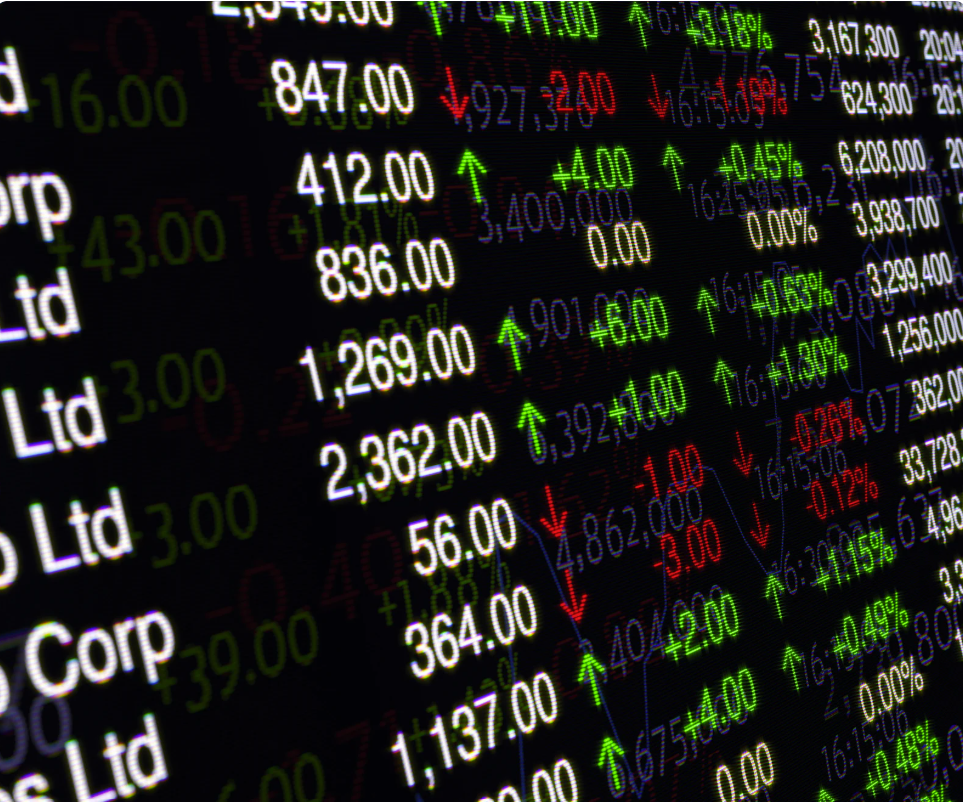Market volatility often grabs headlines, creating confusion and concern among investors. Recently, tariffs have once again moved into the spotlight, triggering questions about their impact on the economy, inflation, and your investments. Understanding the basics can help you remain calm and make informed financial decisions during uncertain times
What Are Tariffs?
Simply put, tariffs are taxes imposed on imported goods. Governments typically use tariffs for four primary reasons:
- Decoupling: Shifting supply chains away from certain countries to reduce dependency.
- Rebalancing: Reducing trade deficits by making imported goods more expensive.
- Negotiating: Leveraging tariffs to encourage trading partners to agree to favorable terms.
- Funding: Generating government revenue through taxes collected on imports.
Why Tariffs Are Back in the Headlines
In 2024, the United States reached a significant milestone, hitting a trade deficit of $1.1 trillion. In response, tariffs have become a primary tool for addressing this imbalance. The current administration’s actions suggest a longer-term shift toward economic nationalism, aiming to boost domestic production and reduce reliance on foreign goods.
Tariffs and Inflation: What’s the Connection?
Tariffs can directly influence inflation, especially in the short term. When imported goods become more expensive due to tariffs, businesses usually pass some of these additional costs onto consumers, leading to higher prices at stores.
But the long-term impact on inflation largely depends on how prolonged or intense a tariff dispute becomes. If trade tensions escalate into an extended trade war, prolonged inflation pressures might result. However, history shows markets tend to adapt and stabilize over time.
Market Volatility: Short-Term vs. Long-Term
Tariffs undoubtedly shake markets, causing short-term volatility. For example, during the trade tensions in 2018, the S&P 500 experienced a notable drop of -4.4%. Yet, the following year, it bounced back remarkably, rising by +31.1%.
This highlights an important lesson: while tariff news can cause immediate market reactions, it doesn’t necessarily lead to lasting damage. Markets are resilient, and investors who remain steady often see their patience rewarded.
Reciprocity: The New Buzzword
A major aspect of recent tariff discussions involves reciprocity. The United States is increasingly pushing its trading partners to match tariffs. While some countries might comply, others may push back, potentially leading to further trade disputes and market fluctuations.
How to Respond to Tariff-Driven Market Volatility
As an investor, reacting to every news headline is not advisable. Instead, maintaining a disciplined, strategic approach is key:
- Stay Diversified: A balanced portfolio can better withstand short-term market shocks. Different asset classes and sectors react differently to tariffs, so diversification becomes a powerful tool in reducing risk.
- Avoid Knee-Jerk Reactions: Emotional responses to tariff headlines can lead to poor financial decisions. Instead, maintain a steady perspective and adapt your plan if—and when—long-term trends shift.
- Focus on the Long Term: Remember, successful investing is a marathon, not a sprint.
At Falcon Wealth Planning, we don’t chase the market—we strategically plan around it. Having a clear, adaptable financial strategy ensures your wealth remains protected through changing economic conditions. If you’re concerned about market volatility or tariffs impacting your investments, our advisors are here to help you stay on track!
*The content in this blog is for general informational purposes only and does not constitute personalized financial, investment, tax, or legal advice. Falcon Wealth Planning, Inc., a fee-only, true fiduciary, registered investment advisor, provides this information to give a broad understanding of financial concepts and strategies.

